We will never be able to predict the future or what will happen tomorrow. We can only guess. A famous saying states, “Expect the best, but prepare for the worst.” While it does state that we should hold positive expectations for things yet be prepared for the worst possible outcome, it doesn’t promote a pessimistic stance in life but rather a realistic approach. People who are overly worried about their safety are often deemed paranoid. However, there’s nothing paranoid about following safety tips and protecting your well-being.
Paranoia manifests itself by feeling threatened when there is no actual threat (or evidence of it). Hence, following general safety tips and safety reminders and being aware of when to use them is a great indicator of a self-aware and well-rounded person. When it comes to good safety tips, we are quick to judge them for being “extra” and over the top, yet, once something, heaven forbid, bad happens, we wish we knew better and actually took them seriously. Good tips concerning your safety don’t obligate you to stop posting on social media altogether, never travel alone, or never meet a stranger on a dating app. Instead, safety tips give you advice on how to do it smarter, posing the least threat to your safety (or that of someone you love), which is all that matters at the end of the day — that everyone comes back home safe.
Below, we’ve compiled some of the best safety tips (and potentially life-saving tips) that we have scoured online (and from our own personal experiences) to deliver you a comprehensive guide to help protect yourself, your home, and your loved ones. Make sure to upvote the tips you follow and agree with, and let us know what other safety tip, which hasn’t been mentioned in the list, you’d like to share with others! (This is the perfect instance to equip the good ol’ “sharing is caring.”)
#1 Don’t Do Stupid Things For Photos
It seems that in the era of Instagram (do it for the Gram) and now TikTok, travelers often take on riskier activities only to get likes on social media or go viral. People falling from cliffs or being mauled by animals while attempting to take sick photos are reported way too often. Avoid making foolish decisions that might put your life in danger. Don’t stand on a cliff’s edge if it’s windy or unstable. Everywhere you go, pay heed to the posted signs and cautions.

#2 Lift Objects Carefully
Perhaps not in a few years’ time, but one day, your back (and joints) will thank you for it. Instead of bending at the waist to pick up objects, experts suggest squatting and utilizing your knees since not doing so might strain your back and increase your risk of injury. Also, always ask for assistance or use available equipment if you need help carrying heavy objects.
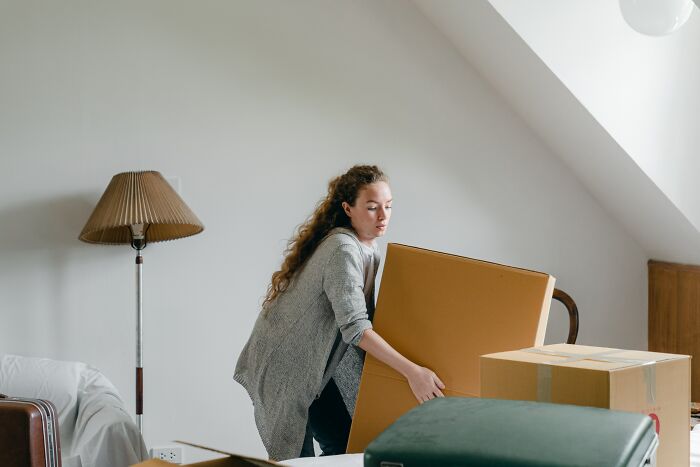
#3 Do Not Overshare On Social Media
People often share vacation photos while still away from home. The danger lurking, in this case, is that the thieves, knowing you are away, may attempt to rob your house. Moreover, avoid responding to social media invites to gatherings that include everyone living in your house. Doing so might alert the wrong individuals that nobody will be home at a specific time.

#4 Missing Person Protocol
While this may seem like common sense, you should immediately inform the emergency services at 9-1-1 or 1-1-2 (depending on where you are) when someone is confirmed missing. A person does not need to be gone for 24 hours for the police to start looking for them. The waiting period is a myth. In fact, the first 24 hours are the most important for finding a missing person. Hence, the sooner the police get a report, the sooner they can start working to find the missing person.

#5 Never Trust That A Phone Call Placed To Your Room Phone In A Hotel Was Made From Inside The Hotel
For instance, if the front desk calls the phone in your room to inform you that something has to be fixed in your room, that something needs to be delivered to you, or that there is a problem with your credit card, hang up and make another call to the front desk. Calls can appear to have originated from within the hotel when they actually didn’t.

#6 Turn Off Geo-Locating On Social Media
Your social media apps’ location tagging should be off. Really, do you want everyone to be aware of your whereabouts, where you’ve been, and the precise location where a photo was taken? Use a caption to describe what you’re seeing, but be general. Also, avoid tagging your home location or anywhere nearby and never your home address.

#7 Lock Your Second-Floor Windows
Since most homeowners don’t tend to secure their upstairs windows and doors, robbers who prefer to enter a property through a second-floor window are known as “second-story men.” So, before leaving your home, carefully secure the entry points to the second story. You may want to lock any ladders you keep outdoors to stop robbers from using them to enter your home.

#8 Ask Locals For Advice
Ask a local to the area if you really want to know which neighborhoods are safe and which can be fishy. Most of the population is amiable and will advise you on avoiding risky areas. But if a complete stranger gives you advice, it’s also a good idea to get a second opinion in case they were just trying to be helpful and didn’t know what they were talking about (or worse, are trying to scam you).

#9 Buy Two Air Horns
Think of purchasing a set of air horns, one for you and one for your neighbor. You should agree to contact 9-1-1 and give emergency personnel directions to the other’s home if you hear this air horn. Once they hear that blaring sound during the early hours of the night, they’ll immediately realize something is wrong and that your household needs urgent help.
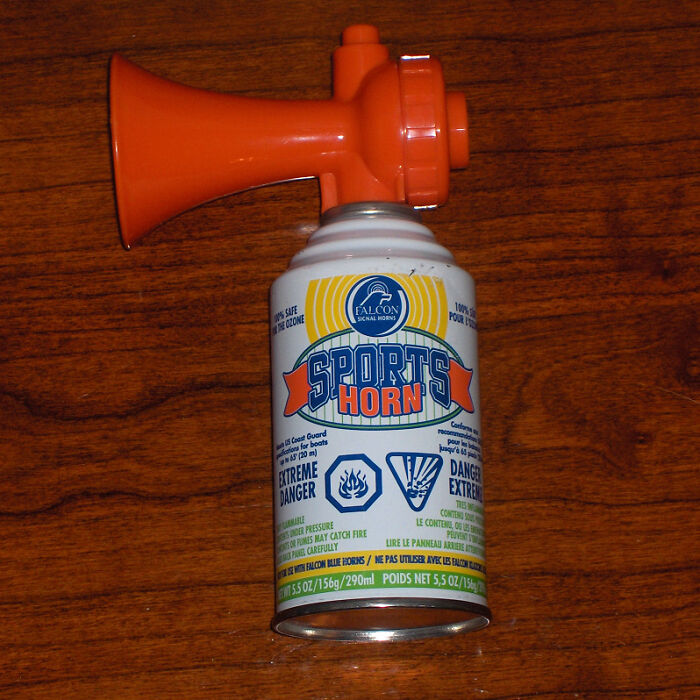
Image source: Aviper2k7
#10 Install At-Home Failsafes
Install one or more functioning smoke detectors — one on each home floor — and a carbon monoxide detector. Finally, teach your family and yourself what to do in case of an emergency.

Image source: Tumi-1983
#11 Get Travel Insurance
If you have decent travel insurance, you can almost be entirely chill if you’re genuinely concerned about the security of your belongings. Most comprehensive travel insurance plans (not just medical) cover theft, loss, or damage of your baggage and other personal items.
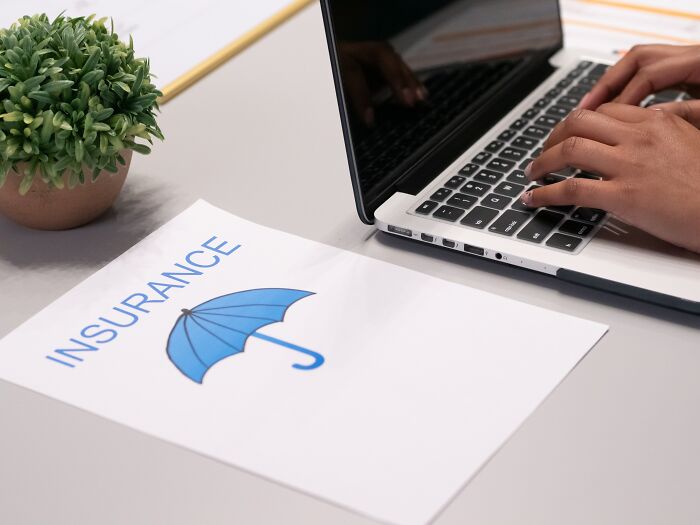
#12 Microchip Your Pets
The American Kennel Club reported that the criminal activity known as “dog flipping” is on the rise. It was especially “popular” during the spread of Covid. “Dog flipping” happens when a robber snatches your dog and later sells it for a profit. Every year, two million pets are reportedly stolen in America. Hence, invest in a microchip for your dog, a permanent I.D. the size of a rice grain implanted beneath the dog’s skin, to keep him secure. Even though it might seem intrusive, your mute dog would probably highly appreciate it.

#13 Learn Common Travel Scams
There’s always someone willing to con you out of your hard-earned money wherever you travel around the globe. If you’re lucky, the scam part will be rather obvious. However, there are also a lot of more slick, let’s call them, seasoned scam artists out there. Everyone believes they are too smart to be conned, yet it does happen, and everyone can become a scammer’s target. To learn more, check out our post featuring the most common travel scams to watch out for when traveling.
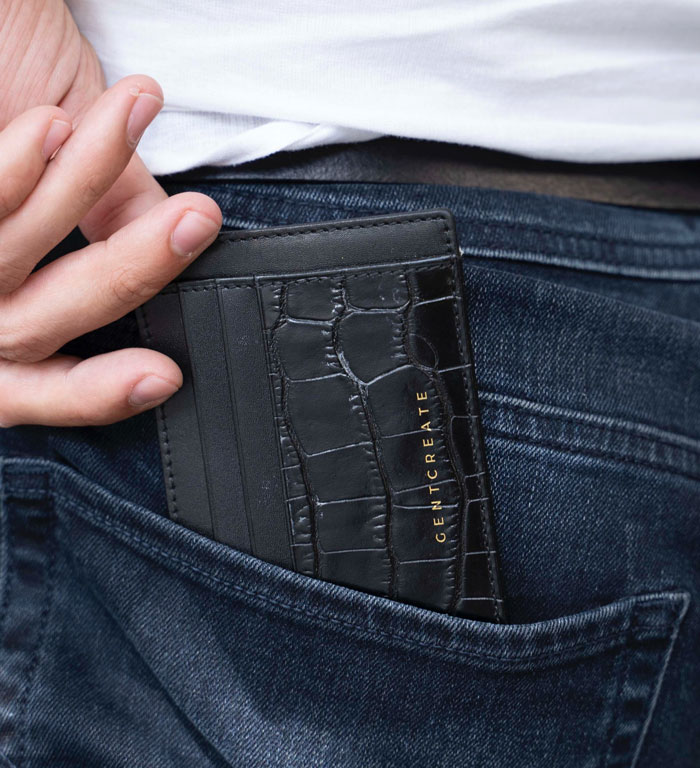
#14 Save The Poison Control Hotline On Your Phone
According to the American Association of Poison Control Centers (AAPCC), 90% of reported poison control center exposures occur at home. Save the toll-free hotline number (1-800-222-1222) on your phone and keep it somewhere visible around the house (like a fridge door) for babysitters and guests to use.

#15 Pack Emergency Gear In Your Car’s Trunk
Use the spare space in your car to store whatever you could require in an emergency. It could be jumper cables, water bottles, blankets, flares, reflective vests, a first aid kit, changes of clothes, flashlights, or small shovels. Having these things on hand and not needing them is way better than needing them and not having them.

#16 Learn Basic Self-Defense
Although you don’t need a black belt, taking a few self-defense lessons is still a wise investment in your safety. Muay Thai or Krav Maga are two efficient street fighting techniques to consider. Next, understand when it’s appropriate to use it. Kicking someone in the crotch doesn’t always make sense just because you can. Do everything you can to avoid a violent altercation, but strike explosively to gain the upper hand and flee when all else fails.

#17 Hide Emergency Cash
While taking all reasonable precautions to avoid worst-case scenarios is essential, it’s also wise to expect them to occur and make plans in advance. It’s not because you are a pessimist but rather because you are a realist. This is the rationale for keeping emergency money in a secure location.

#18 Fence In Your Pool
The United States Consumer Product Safety Commission estimates a yearly average of 379 pool or spa-related fatalities involving children under the age of 15. In fact, drowning is the top cause of accidental mortality for kids between the ages of 1 and 4. While not using the pool, ensure it’s locked, fenced, and gated. Also, consider a pool alarm that activates a siren if someone falls in as a second line of protection.
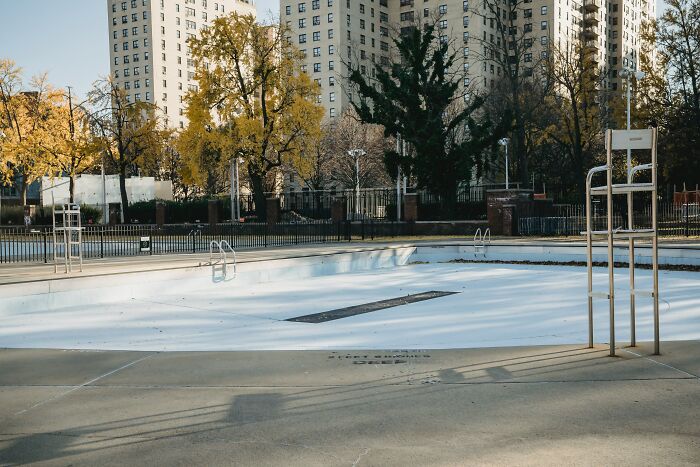
#19 Travel In Numbers
The more people you have in your close surroundings, the more eyes are on your assets, and the more legs are available to chase after crooks. A group also has a significantly stronger physical presence, discouraging predators of all types. Make some new acquaintances and go exploring together if you’re traveling alone.

#20 Carry A Fake Wallet
Avoid crowded, high-traffic places when traveling since they are havens for pickpockets. Alternatively, keep a fake wallet with some cash inside. Keep your actual wallet, bank, or I.D. card securely hidden.

#21 Think Like A Burglar
Put yourself inside a burglar’s brain to understand how they would access your home. Consider yourself a home intruder as you make a few circuitous trips around your property. Which windows appear simple to break or climb through? Then take a look out the windows. Are there any pricey objects nearby that would lure a thief? If so, you need to rearrange your space and ensure these windows have locks, shutters, or drapes that can be pulled while you’re not home.

#22 Be Wary When Approaching Your Parked Car
If feasible, always park your car in a well-lit area. Within a well-lit neighborhood, it’s unlikely that someone who is up to no good will linger near a car. However, be prepared for anything while getting into your parked car in a dark area at night. Keep one hand on a mace dispenser or other small self-defense tool while using the other to open the vehicle.

#23 Food & Water Safety
Traveler’s diarrhea and other illnesses can be brought on by contaminated food or beverages. Particular risks are often (yet not necessarily) associated with specific locations, so be sure to research the local cuisine and other travelers’ experiences with the street food vendors. Generally, if you don’t want to risk it, avoid raw foods, street food, and bushmeat (aka local wild game). Nonetheless, when traveling, don’t be afraid of the local cuisine. In fact, for many travelers, sampling exotic cuisines is a highlight of their journeys.

#24 Use ATMs Wisely
You probably know that you should put your palm over your other hand when entering your PIN number at an ATM. That’s sound advice you should heed if someone stands behind you. Still, before using an ATM, always take a good look at it. Slightly tug on the card reader. Is there anything that would indicate tampering? If so, enter the bank and ask a staff member to come out and inspect it (and then use another machine, regardless of what happens).

#25 Stop Using Your Back Pocket
As a back pocket is the first place a pickpocket will look, never using it is the simplest method to avoid the risks. And if you have a poor habit of placing money in your jeans’ rear pockets, stitch them closed with a needle and thread.

#26 Stay (Relatively) Sober
When traveling, becoming excessively intoxicated is nearly always very dangerous, even more so if you are a woman. If you’re under the influence, you will not pay as close attention to things occurring around you (or to you) as you would sober. We aren’t saying you shouldn’t have fun or resist the urge to down a few shots at the bar. But be careful, constantly monitor how much you’re taking, stay nourished and hydrated, and maintain control of the situation.

#27 Learn How To Spot A Liar
There are always going to be folks out there trying to trick you. Look out for someone attempting to persuade you rather than just share information. An untrustworthy individual typically gives a lot of extra information to your query rather than providing a straight answer. A person hiding anything would probably add details to strengthen their case.

#28 Invest In A Security Bar For Every Sliding Door
Sliding glass doors can be protected with security bars so they can never be unlocked or jimmied without shattering the glass itself. These will deter burglars and buy you time to contact for help in an emergency. And they are reasonably priced, too!

#29 Create A “Crisis Package”
Suppose (heaven forbid) you have a medical emergency or one of your family members goes missing. Would you know where to turn if you were experiencing this type of crisis? Make a “crisis package” for each family member and assemble them in one convenient spot. A recent photo, emergency contact information, a photocopy of passport, information on any illnesses, allergies, or vaccinations, a prescription list, and a DNA sample (optional) can all be included in the box.
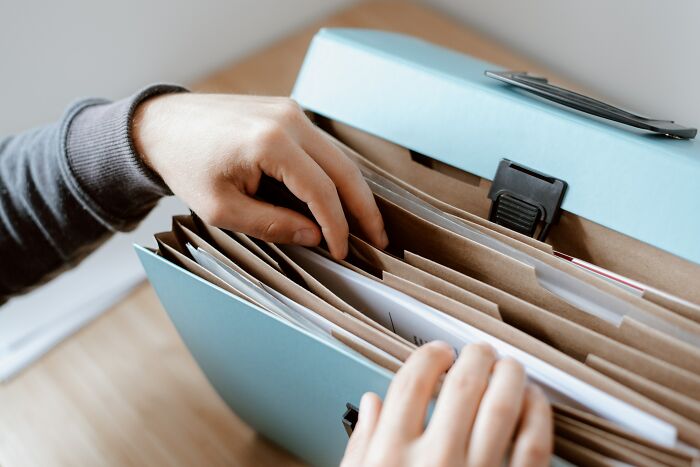
#30 Designate A Secret Family “Code Phrase”
Saying a code word or phrase can alert people to an emergency without alerting a kidnapper or a perpetrator. Choose a natural phrase, such as “Have you fed the dog?” (when you clearly don’t have a dog) or “How is uncle Steve doing?” (when there’s no uncle named Steve). This is particularly helpful for teenagers who may feel uneasy or have had too much alcohol at a party. Having a secret code phrase with your friends is also beneficial to let them know you feel unsafe with someone you are with and come pick you up or track your location.

#31 Check The State Department Website
Every country has a travel advice website maintained by the U.S. Department of State, which covers all known issues and ongoing dangers to travelers’ safety. The State Department’s responsibility is to warn you about anything that may go wrong, which can sometimes be different from what could go wrong. This indicates that their recommendations are often extremely cautionary. Take that into account when you research more local data. Nonetheless, reading up on travel advisories will provide a broad picture of the situation in the country you’re traveling to and information on any trouble spots you might want to avoid.

Image source: Department of State
#32 Don’t Share Too Much With Strangers
Remember that your itinerary can be a roadmap of your travels if you ever feel inclined to make it public, such as in a social media post. Someone with malicious motives would love to know this information. Also, we advise not disclosing too many details about your vacation itinerary or accommodation with strangers.

#33 Stay Alert
A crime can occur anywhere and anytime. Hence, you must always be vigilant and conscious of your surroundings. When you aren’t aware of your surroundings, possible dangers and thieves might more easily catch you off guard.
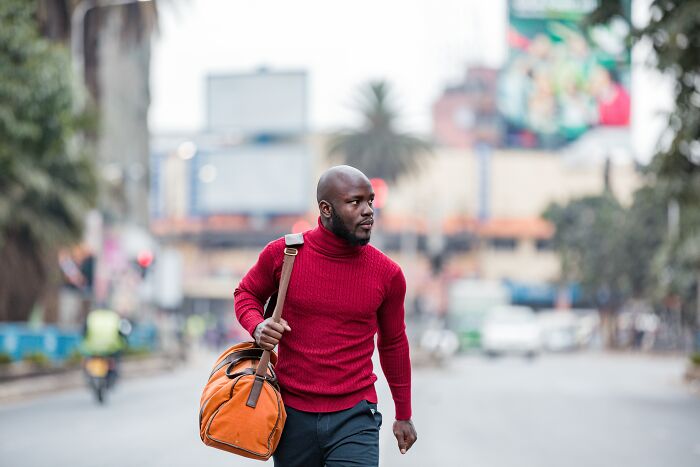
#34 Try To Stay In Well-Lit Areas
Light-filled spaces are significantly safer than dimly lit locations. Criminals find carrying out their nefarious schemes more challenging in well-lit areas. So, it’s important to try to avoid going into dark or poorly-lit locations. Also, being aware of your surroundings is simpler when you can see things around you clearly.

#35 Contact Someone If You’re In Trouble
Contact a friend (the one who is always on their phone) immediately if you feel in danger, such as when someone seems to be following you, whether in a car or on foot. It will be beneficial for you to let folks know where you are right at this very moment and where you are heading. If something bad happens, your friends or family can immediately alert the authorities and arrive there quickly.

#36 In Emergency Situations, Use Flashlights For Light, Not Candles
Candles should not be used to provide light during power outages brought on by wind-related weather conditions, such as hurricanes. In addition to the fact that candles can be risky in general (especially if there are kids in the house), strong winds can throw objects through windows, leaving candles exposed to the wind and risking knocking them over and starting a fire.

#37 Periodically Update Your Garage Door Code
If you change the code periodically rather than once every quarter like clockwork, you’ll make yourself unpredictable to anyone checking out your home. However, do make sure to let everyone else living in the same household know the new code!

#38 Be Polite During Traffic Stops
These actions will demonstrate respect and that you are not a threat when a police officer approaches your car. Keep your hands on the wheel after you turn off the radio and the vehicle’s engine. This indicates to the officer that you are cooperative while also demonstrating that you are familiar with police officers and have sought their advice on what to do when being pulled over. When the police officer approaches you, inquire whether you should get out of the car (different states have different protocols).
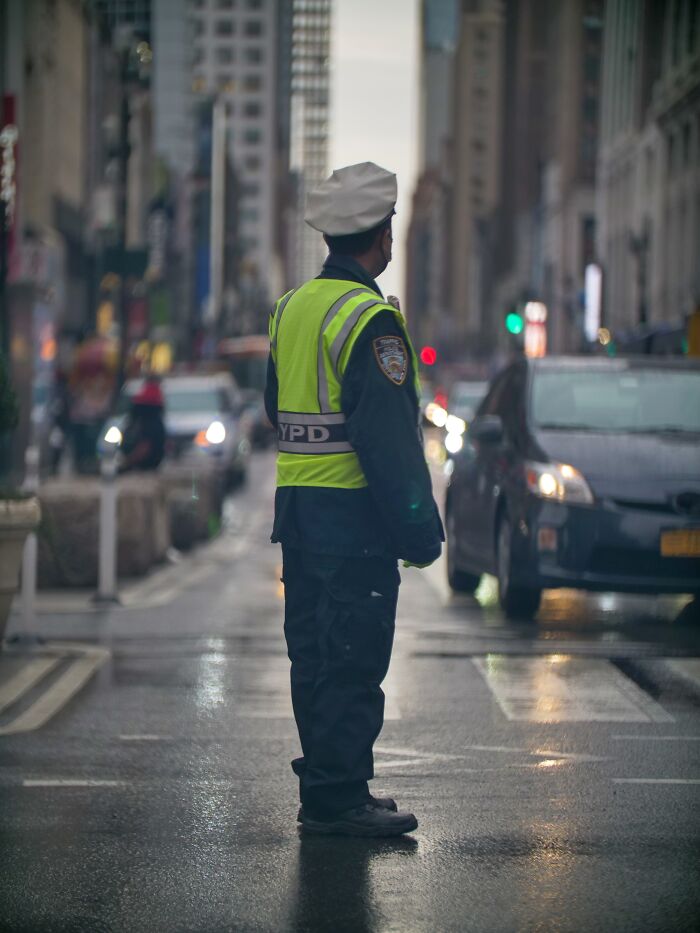
#39 Be Aware Of Your Clothing
Clothing that stands out screams “tourist,” making you a target for con artists, crooks, and worse. Also, depending on the country, dressing appropriately shows respect. Several Islamic countries have strong restrictions governing clothes which are quite well known, while other places may take you off guard (for example, walking topless through the streets of Barcelona is illegal for both sexes). So just be wary and do your research beforehand.

#40 Report Accidents If They Occur
When an accident occurs, immediately notify the management or other staff members. To lessen the chances of future accidents or other coworkers getting harmed, report any injuries you sustain or accidents you cause as soon as possible. By addressing the potential reasons for the occurrence, you may receive the correct medical care for your injury and stop it from happening again.

#41 Shred Your Junk Mail
It’s said that what people have thrown away can speak more informatively and truthfully about their lives than they themselves ever will. Thus, you’d be surprised at what an identity thief can accomplish if they have access to your name, birthdate, and gender. Before throwing anything away, destroy junk mail, family prescriptions, bank and credit card documentation, invoices, investment statements, and any documents that could reveal any of your personal details.

#42 Order An EpiPen
Being prepared for emergencies and having the correct gear on hand may often play a role in whether one survives or perishes. Having epinephrine can prevent or lessen what otherwise would be a fatal allergic response, saving a person’s life.

Image source: Chemistryroxpharmacysux
#43 Avoid First-Floor Hotel Rooms
Try to avoid hotel rooms on the first level. As with other buildings, it is well known that the first level is the most vulnerable. Also, secure any interior deadbolt locks that may be there in addition to the standard swinging metal lock and automatic door lock.

#44 Stay “Tethered” To Your Bag
Most snatch-and-run thefts occur because the thief can do it quickly and still have time to flee. Hence, anything that can slow them down will aid in avoiding theft altogether. If you can keep your belongings attached to anything immobile and make it evident, robbers will think it’s too dangerous of a job and will leave you alone. Even a simple strap around your chair or leg can work. Just letting them know you are aware of possible theft will make you an “undesirable” target.

#45 Maintain A Clean Workspace
You should keep your desk and other personal workspaces tidy at all times. Also, be cautious about storing the equipment (cables, heaters, other electric devices, etc.) while not in use. Not only does maintaining your workspace encourage productivity, but it also improves workplace safety.

#46 Secure Your Garage Door
About as hard to open as a flimsy screen door is a locked garage door. Burglars like prying on open garage doors; hence, make sure it’s always locked. Also, always keep the door between your house and garage locked.

#47 Lock Up Your Valuables
Even if you ignore that it is generally not a good idea to bring anything precious on a trip, there will always be something you cannot risk having stolen. It’s your responsibility to reduce the likelihood of theft. Be aware that most bags for travel aren’t very secure. We often think a zipped bag is a good enough obstacle to any robber and feel like we can peacefully drift off next to it. Only to find a hole cut in the side upon awakening!

#48 Create A “Strong Room”
You’ll know what a strong room means if you’ve seen the movie Panic Room (2002). However, every household can’t have one like the one depicted in the film. Still, having a dedicated safe zone to be utilized in the event of a home invasion is a smart idea. To construct the “strong room,” pick one room (or even a closet) in your house and install internal locks. In the worst-case scenario, if you cannot leave the house, you can flee to this safe room, shut the door, and phone the police. In a perilous situation, buying time is essential.
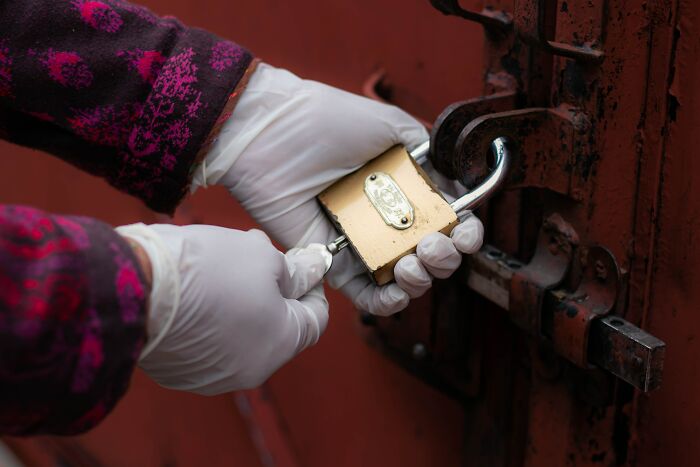
#49 Draw A Fire Escape Map
Would you be able to flee your house in the event of a fire? What if a fire swept along the route? The National Fire Protection Association (NFPA) advises that you make a home fire escape plan and include two potential exits from each room in your house, including windows and doors.

#50 Use Proper Equipment
Employ the tools a procedure suggests using to help avoid accidents. Companies typically supply equipment to ease employee strain and adhere to safety standards. However, before operating any equipment at your disposal, learning how to use it is vital.

 Follow Us
Follow Us





